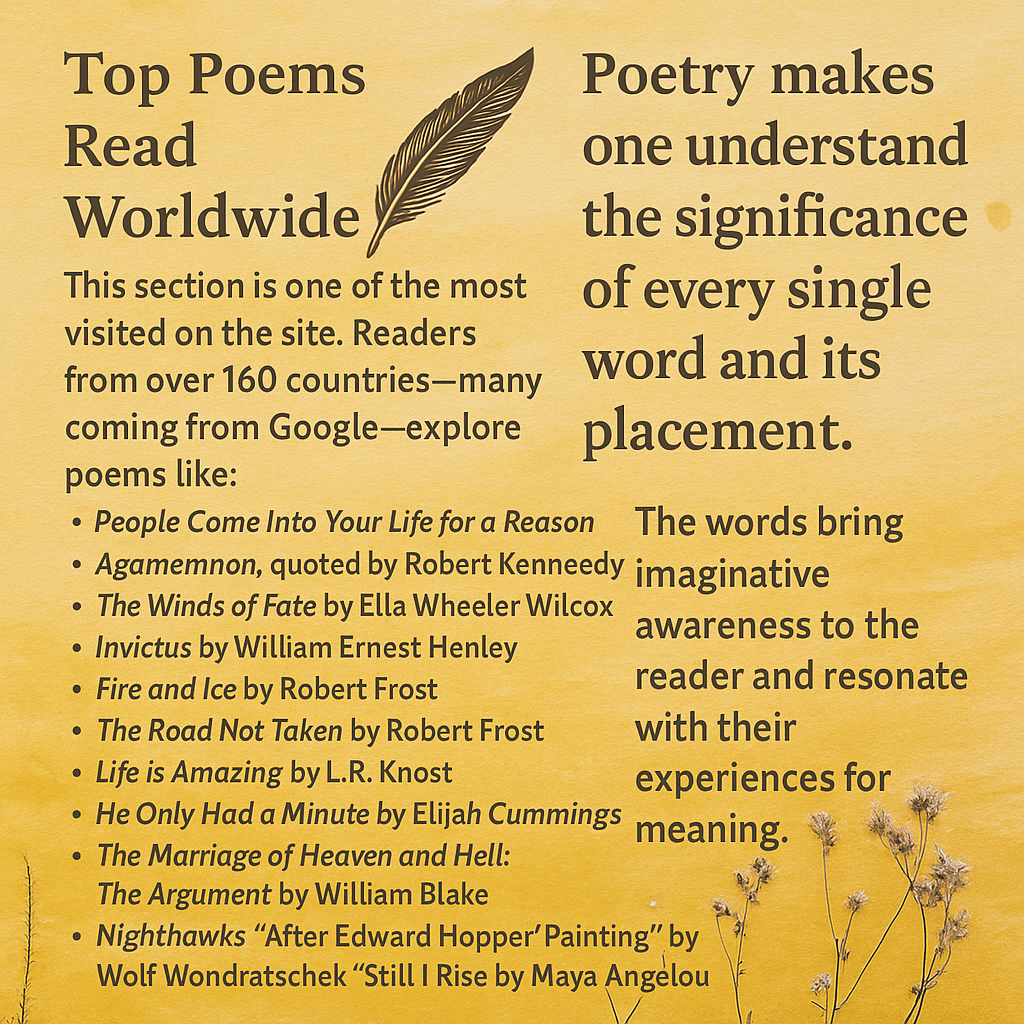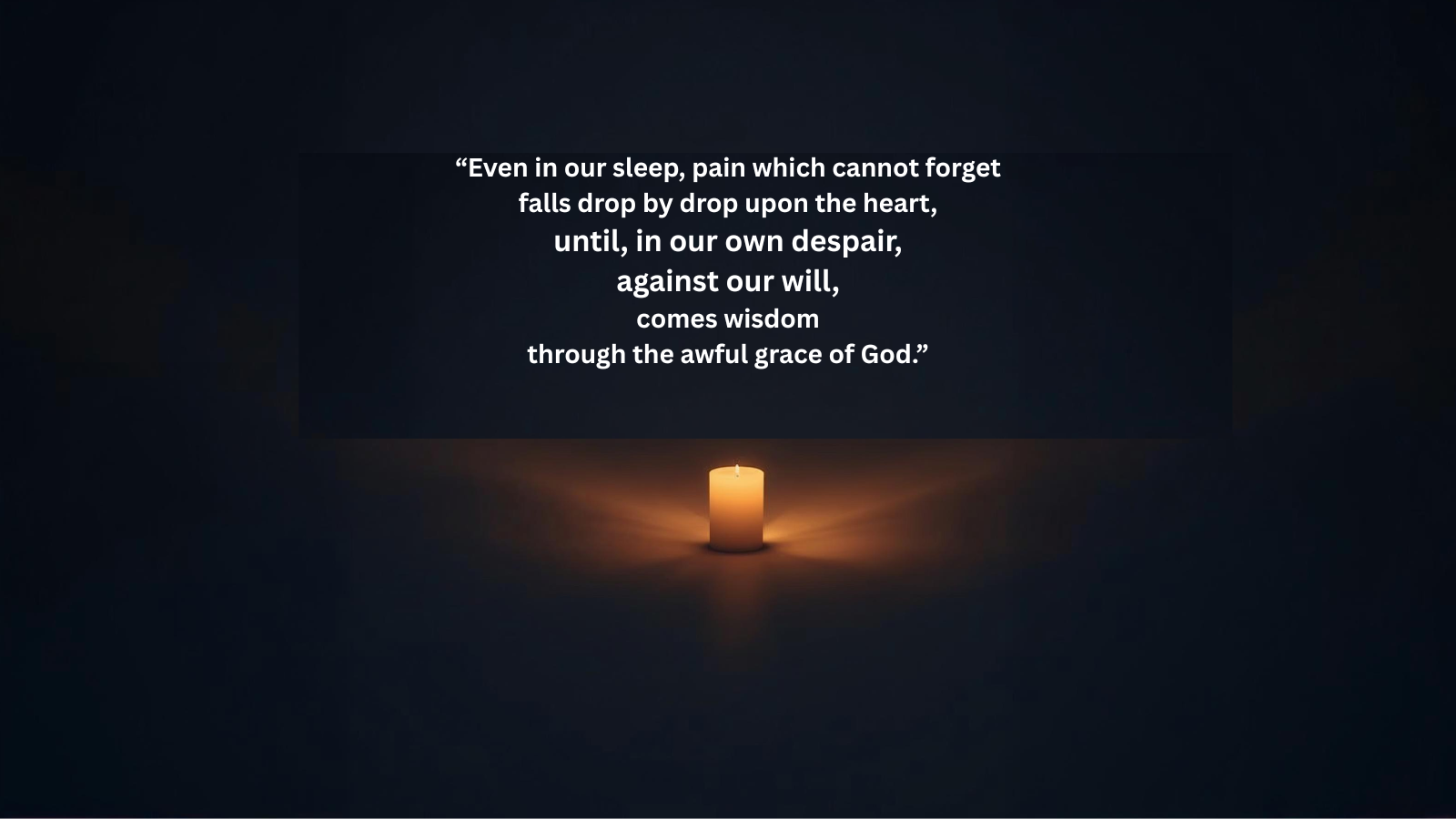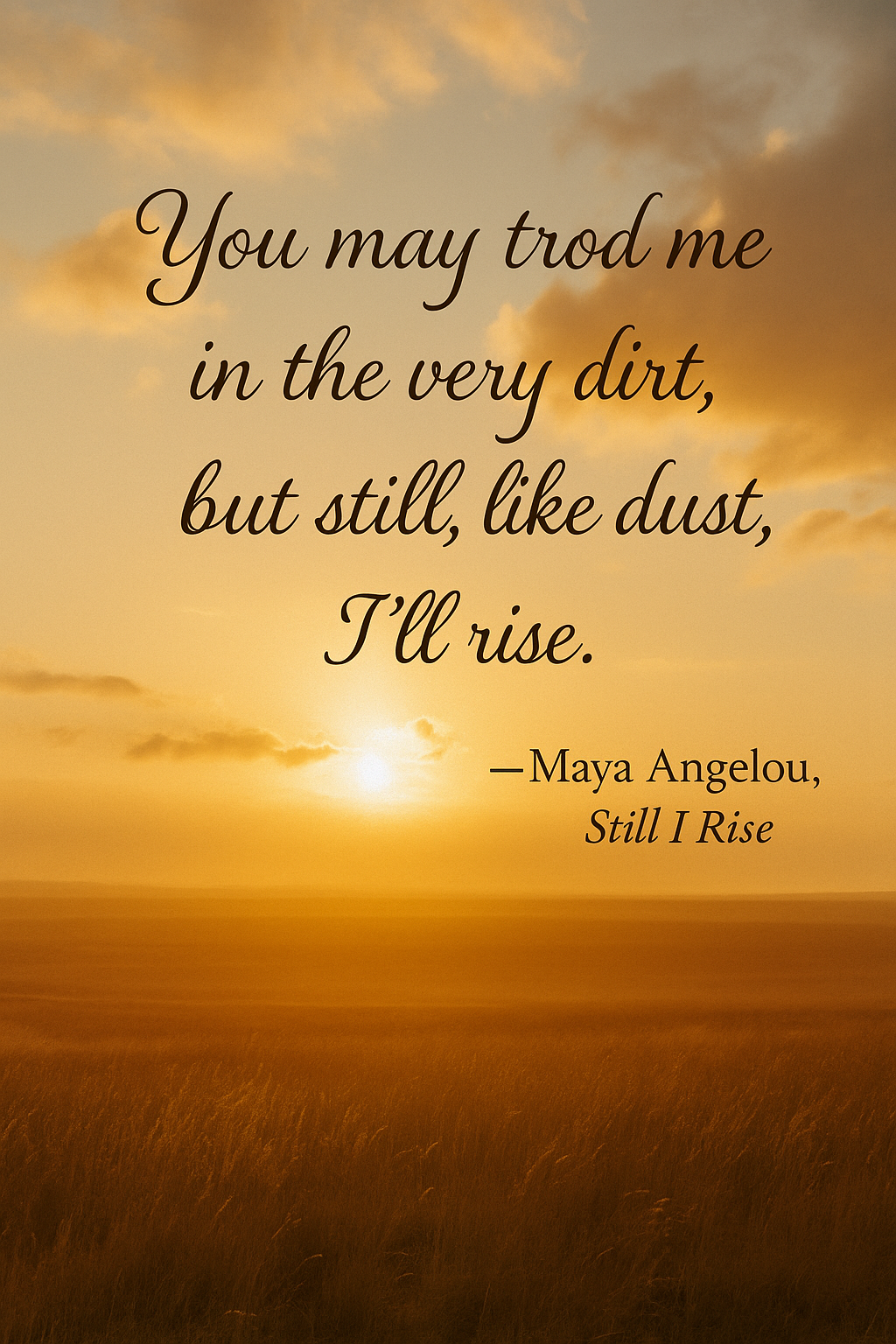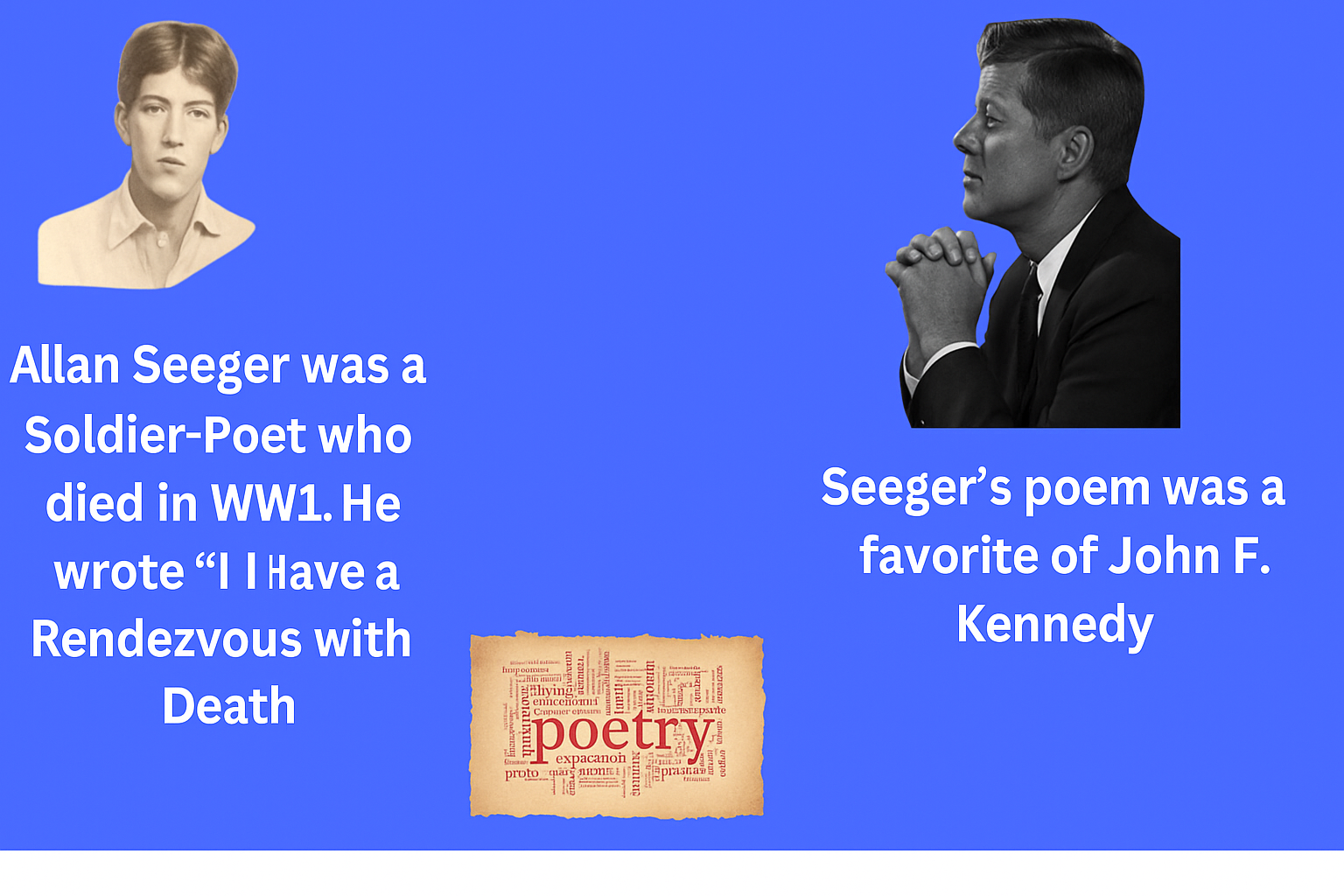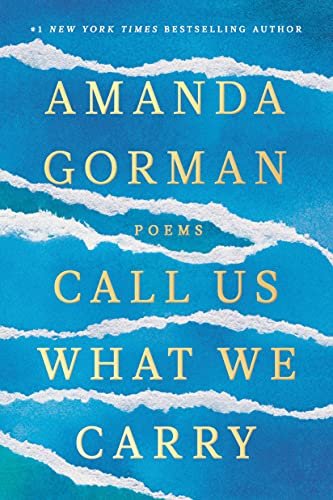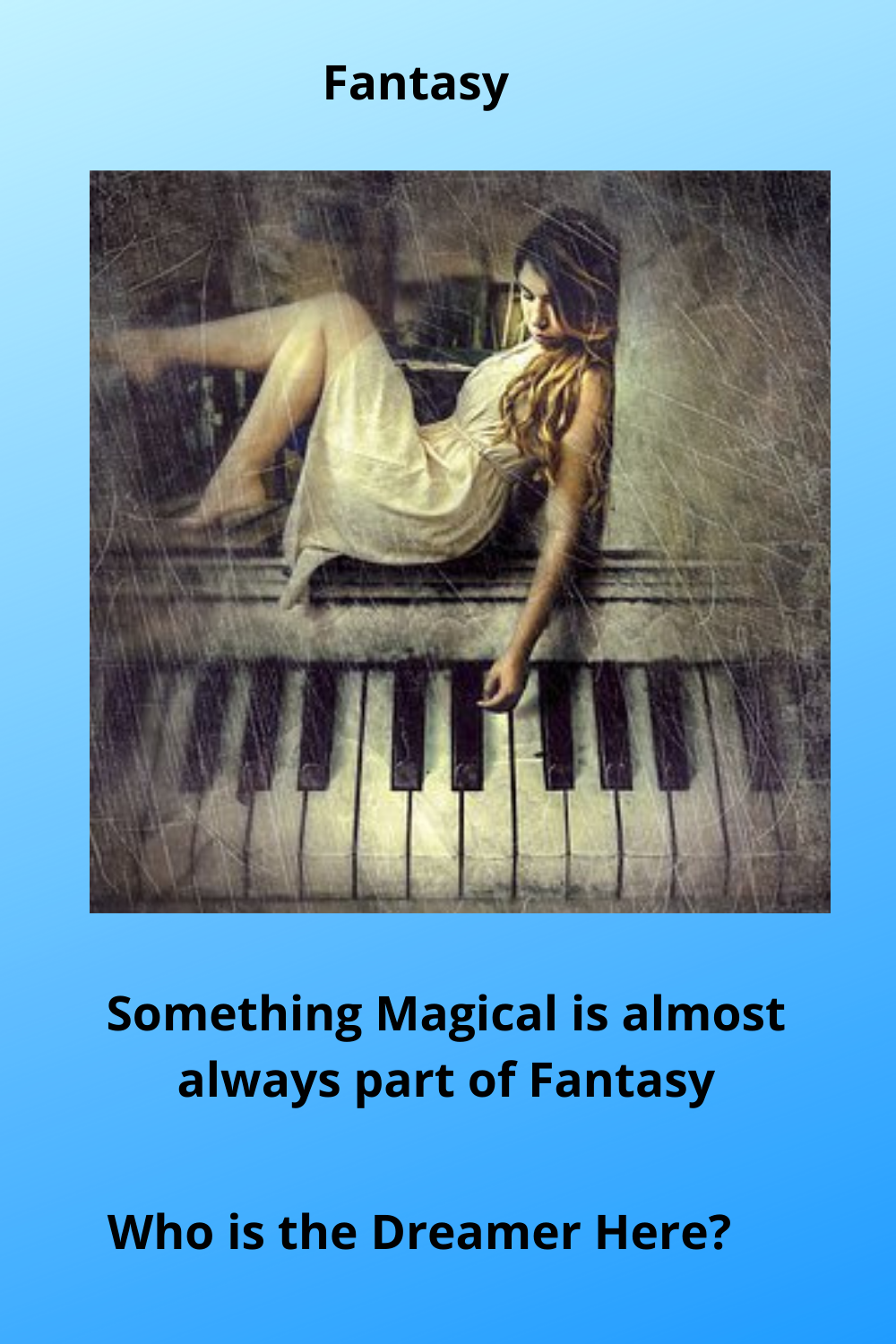Aeschylus, Robert F. Kennedy, and the Awful Grace of God: Why Words Still Heal
Originally published February 2022 · Updated October 2025
“Even in our sleep, pain which cannot forget falls drop by drop upon the heart,
until, in our own despair, against our will,
comes wisdom through the awful grace of God.”
— Aeschylus, Agamemnon
Updated 2025 Reflection
More than fifty years after Robert F. Kennedy spoke these lines on the night of Dr. Martin Luther King Jr.’s death, the words of Aeschylus still echo with quiet urgency.
“Even in our sleep, pain which cannot forget…” reminds us that wisdom often arrives through suffering and that compassion can grow from shared grief.
In moments of division or uncertainty, poetry still offers what politics or argument rarely can — a language for our common humanity.
Each generation discovers, in its own heartbreak, that empathy is not weakness but a form of courage.
Robert F. Kennedy and the Power of Words
On April 4, 1968, Kennedy stood before a largely Black crowd in Indianapolis and announced the assassination of Dr. King. He had no prepared text.
Instead, he reached for poetry, for the language of an ancient playwright who understood that wisdom often comes “against our will.”
“What we need in the United States is not division;
what we need… is love, and wisdom, and compassion toward one another.”

